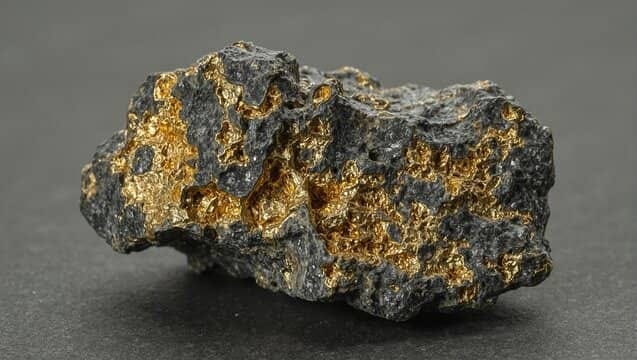Over the last month, like a huge chunk of the reading world, I was making my way through Onyx Storm… the third installment of the Empyrean series by Rebecca Yarros, which kicked off with the mega-seller Fourth Wing. I’m not going to get into my thoughts on the book here today, but while I was reading, a line caught my attention that I wanted to share with you.
“Character is revealed in bloodshed.”
Yarros’s protagonist, Violet Sorrengail, was of course musing on the way that people’s strength or weakness is revealed through the literal spilling of their blood, but I immediately clocked the line as something that might help any of us writers who have a hard time dissecting story, and particularly struggle with how to show who our character really is.
A few weeks ago I broke down for you the basic methods of characterizing. You can read it here if you missed it. But two of those methods—the most important of the two—were desire and action. Without a character who wants something and who is actively pursuing what they want, there is no story.
BUT that’s only half of the equation of what makes a good story. The other half of that equation is obstacles and stakes.
The obstacles that stand in your character’s way is what will push them to show their true colors.
Let’s think about it like this. Consider what different types of reactions characters might have with Yarros’s literal bloodshed. Say you have a character who is being held a knifepoint. The knife-wielder wants what your character has—maybe a valuable possession or a secret or to force them to do something untoward. And your character’s reaction to that knife-prick will show, not tell, readers who they really are.
Are they the kind of character that gives in automatically when they are threatened? Are they the kind of character who begs for their life and wets their pants? Do they offer something else instead? Do they sock the knife-wielder in the face or kick them in the groin? Do they throw someone else under the bus or betray someone? Do they faint? Or do they hold their ground, not backing down in the slightest?
And what does each of those reactions tell us about what kind of person they are?
The question you must ask yourself when concocting situations for your character is what will you character do when faced with their fears or insecurities or pain? Especially when whatever it is they really want—their heart’s desire—is on the line?
We find out what we are really made of when things get hard. It is our trials that define us, not the things that come easily.
A couple weeks ago I was listening to a sermon on this very topic—on the ways that our trials refineus. The speaker used the analogy of how gold is refined, which I’m going to borrow here to illuminate the point for you.
When gold ore is mined from the earth, it’s similar to many other rocks: dark and dirty and rough. And maybe a few veins of gold stretch across its surface, hinting at what will come out through refinement. But it is not smooth, it does not gleam, it isn’t malleable enough to be shaped into jewelry or gold bars yet.
In Biblical days, after it was mined, it was placed into a furnace—directly into the fire. Fire causes impurities to rise to the surface for easier removal. Gold refiners would take the unrefined lumps out of the fire, wipe away the grit and grime, and then place it back into the fire. They repeated this process again and again, until that gold was shining, so polished one could see their reflection shining back.
Do you know what temperature gold refines at? About 1,943 degrees Fahrenheit, or 1,064 degrees Centigrade. The fire is so hot that it melts down the gold, stripping everything else away. Only then can it be made into something new, something different, something better.
This, dear writer, is what you want to be doing to your characters. You want to be forcing their old selves into the 1,943-degree fire so that all their impurities—their flaws, their wounds, their misbeliefs about the world or themselves—melt away, and they are different than they once were. It’s not going to be fun for them. It’s not going to be an easy stroll through Central Park on a sky-blue day. It’s going to be really freaking hard.
Now, your character’s trials—their obstacles or bloodshed—might not be actual fire. They might come in the form of heartbreak or heartache. They might come in the form of loss or dashed dreams. Maybe it’ll be villains, or magic that’s difficult to overcome. But no matter what, you must throw something at your character as they work to get what they want.
Even better—throw internal and external obstacles in their way.
If your character believes they’re unworthy of love, that they’ll always be abandoned…have a character they trust appear to abandon them.
If your character has a fear of spiders, get those creepy-crawlies in your book right before your character gets the key to their treasure.
If your character is running out of time as they go to rescue their kid from a kidnapper, give them a flat tire or a rainstorm on the way.
Make them face their demons, and overcome the hard things so they can be refined. Make them shed their proverbial blood. Because that’s how they’ll change, and it’s how they’ll be revealed to your reader. Your reader will understand who they are by watching what they do when they are under duress.
Because character is revealed in bloodshed.
Happy Writing!
Karyn













Share this post